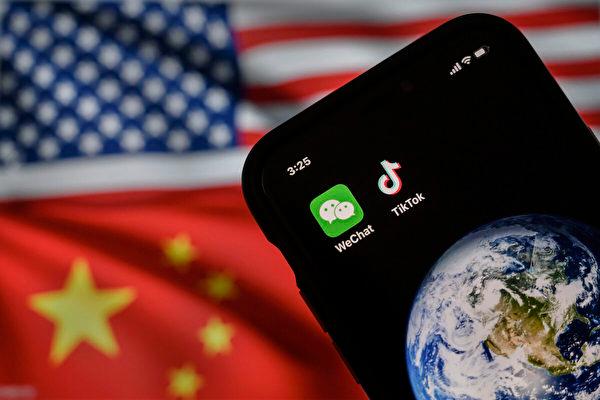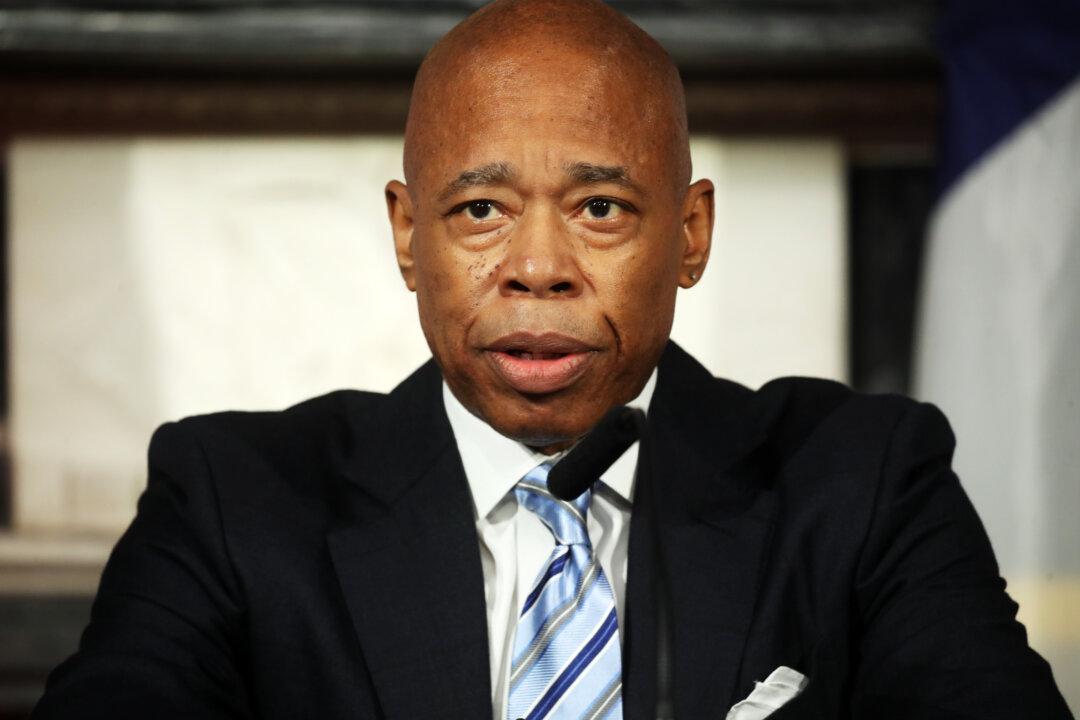In the United States, it is hard to find Chinese-language media that are not influenced or controlled by the CCP. The growth of the CCP’s media network has been facilitated to a great extent by the widespread use of China’s WeChat messaging service within America’s Chinese language communities.
Collectively, through controlling WeChat accounts, the CCP can squeeze out independent Chinese-language media and community groups, monopolize the information environment, and put more people under its control. This has the potential for depriving Chinese communities of their ability to participate independently in political discussions.





